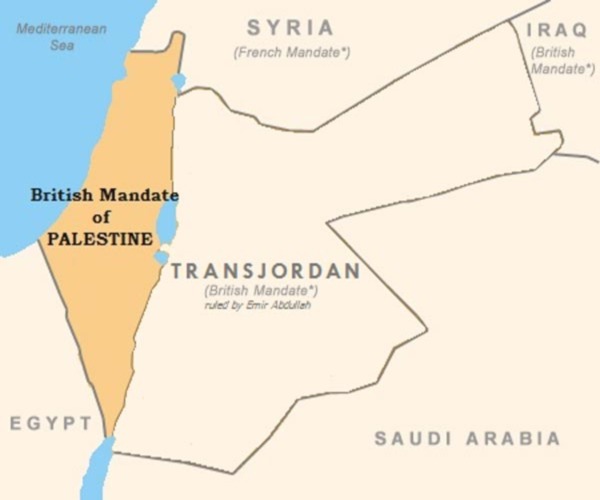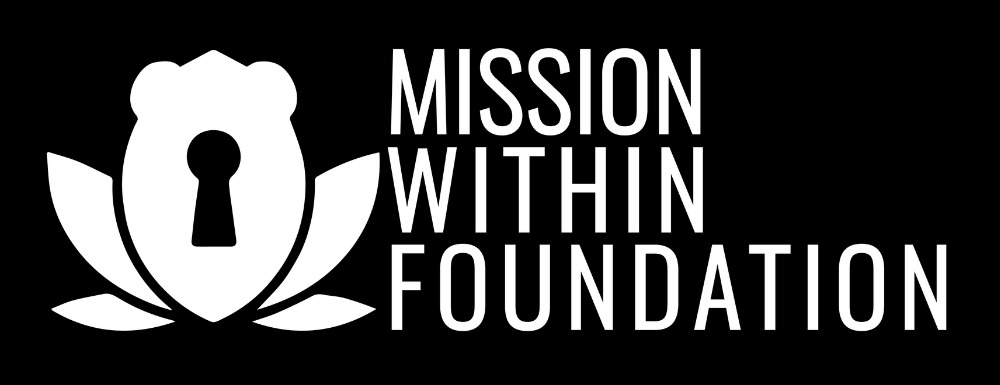The image of Israel as Britain’s loyal ally in the Middle East has become a staple of official rhetoric. But history tells a different story—one marked by betrayal, bloodshed, and political violence.
Long before Israel’s founding in 1948, Zionist militants waged a ruthless campaign not only against Palestinian Arabs but also against British forces, whom they saw as occupiers obstructing their goal of statehood. That campaign included the murder of British officials, the bombing of British buildings, the hanging of British soldiers, and even biological warfare.
On a hot July morning in 1947, two British army sergeants were found hanged from eucalyptus trees near the town of Netanya in Palestine. Their bodies, booby-trapped with explosives, were a grisly message from the Irgun, a Zionist paramilitary group waging war against British rule. The victims, Sergeant Clifford Martin and Sergeant Mervyn Paice, had been kidnapped weeks earlier. Their execution shocked Britain, incited violent anti-Jewish riots across the country, and marked a turning point in the collapse of British authority in Palestine.
The British Mandate for Palestine, granted after World War I, was intended to prepare the region for independence. But by the 1940s, Zionist groups like Irgun, Lehi (also known as the Stern Gang), and Haganah had declared war on the British themselves. Their tactics were brutal: bombings, assassinations, kidnappings. The goal was to drive the British out and make way for a Jewish state.
These underground militias didn’t just arise spontaneously; they were forged in the early 20th century, primarily by European Jewish migrants who embraced an ideology of militant Zionism. Groups like Bar Giora and Hashomer laid the foundation for these armed movements, blending settler colonialism with a vision of Jewish statehood to be achieved by force. They targeted not only Arabs but increasingly the British, whom they saw as an obstacle to their ambitions.
One of the most devastating attacks came on July 22, 1946. The Irgun, led by Menachem Begin—who would later become Israel’s prime minister—bombed the King David Hotel in Jerusalem, which housed British administrative and military offices. Disguised as Arab workers, Irgun agents planted explosives in the hotel’s basement. Despite a phoned warning, the bombs detonated, killing 91 people—British, Arab, and Jewish civilians. It was, at the time, the deadliest terrorist attack in the Middle East.
The hanging of the sergeants in 1947 was a direct response to the British execution of three Irgun members involved in a prison break. The Irgun warned that if the executions went ahead, the sergeants would die. The British refused to be blackmailed. The Irgun followed through with horrific efficiency.
This was not an isolated incident. In 1944, members of Lehi assassinated Lord Moyne, the British Minister of State for the Middle East, in Cairo. In 1948, they murdered Count Folke Bernadotte, the UN mediator working on a peaceful resolution to the conflict. Both were targeted for perceived political interference in Zionist goals. In neither case were the killers punished.
Meanwhile, Palestinian Arabs—often cast in Western narratives as inherently hostile to the West—were volunteering to fight for Britain. Around 12,000 Palestinian Arabs joined the British Army during World War II to fight Nazi Germany, motivated by anti-fascism and a hope for future independence. Their loyalty went unrecognized, even as Zionist factions used the same period to build up their armed militias and prepare for an eventual showdown with Britain.
The violence wasn’t limited to bombings and assassinations. In a little-known episode confirmed by Israeli archives and historians, Zionist forces also resorted to biological warfare. In 1948, operatives attempted to poison Palestinian water wells with typhoid bacteria under Operation Cast Thy Bread. The aim was to make Palestinian villages uninhabitable and to block the return of refugees. The most notorious cases occurred in Acre and Gaza, where typhoid outbreaks followed the Zionist sabotage.
These militias later merged to form the Israel Defense Forces (IDF)—the official army of the new Israeli state. Despite being branded “the most moral army in the world,” its origins are steeped in terrorism and ethnic cleansing. Leaders of the Irgun, Lehi, and Haganah did not disappear into history’s margins; they became Israel’s founding fathers, prime ministers, and military chiefs. Menachem Begin led the Irgun. Yitzhak Shamir, another Lehi leader, would also become prime minister. David Ben-Gurion, who oversaw the formation of the Haganah and the state itself, called for the forceful removal of Palestinians and laid the groundwork for the 1948 Nakba, in which over 750,000 Palestinians were displaced.
All of these acts formed part of a larger strategy to force Britain out of Palestine and assert Zionist control. And it worked. By early 1948, battered by insurgent attacks and international pressure, Britain announced it would end the Mandate and handed the issue to the United Nations. That same year, the State of Israel was declared, and Begin—the man behind the King David bombing and the sergeant hangings—became a national hero and eventually prime minister. He also founded the Likud Party, which still governs Israel today under Benjamin Netanyahu.
For all the official declarations of friendship between Britain and Israel, the historical record shows a different reality: one in which Zionist forces not only attacked their supposed allies but built a state on the back of those very acts of violence. The assassinations of Lord Moyne and Count Bernadotte, the bombing of British buildings, the hanging of British soldiers, and the poisoning of Palestinian wells are not footnotes—they are foundational.
Today, as British politicians invoke “shared values” with Israel, they do so in defiance of their own history. The betrayal, brutality, and strategic deception that marked the end of Britain’s role in Palestine reveal a far less noble origin story. The events of the 1940s remind us that Israel’s creation was not just a struggle for liberation, but also a campaign of calculated terror—even against those who once supported it.




